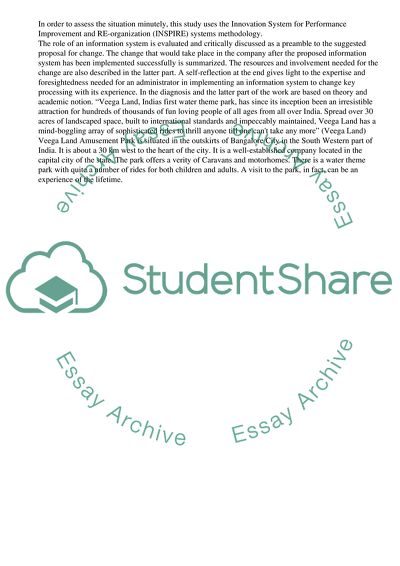Cite this document
(“Veega Land an Amusement Park cum Resort: Improvement of Off Season Case Study”, n.d.)
Veega Land an Amusement Park cum Resort: Improvement of Off Season Case Study. Retrieved from https://studentshare.org/management/1733339-case-study-information-systems
Veega Land an Amusement Park cum Resort: Improvement of Off Season Case Study. Retrieved from https://studentshare.org/management/1733339-case-study-information-systems
(Veega Land an Amusement Park Cum Resort: Improvement of Off Season Case Study)
Veega Land an Amusement Park Cum Resort: Improvement of Off Season Case Study. https://studentshare.org/management/1733339-case-study-information-systems.
Veega Land an Amusement Park Cum Resort: Improvement of Off Season Case Study. https://studentshare.org/management/1733339-case-study-information-systems.
“Veega Land an Amusement Park Cum Resort: Improvement of Off Season Case Study”, n.d. https://studentshare.org/management/1733339-case-study-information-systems.


